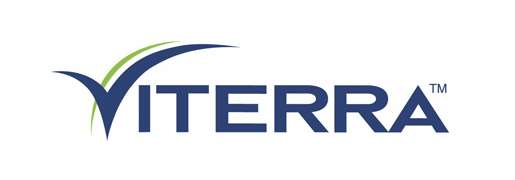Terminal expected to be built in Wadena
By Diego Flammini
Assistant Editor, North American Content
Farms.com
Viterra recently announced plans to build a new grain terminal in Wadena, Saskatchewan.
The new terminal is expected to have a 34,000 metric tonne storage capacity and the ability to load up to 156 railcars through a loop track.
"We've worked closely with farmers in Wadena and surrounding areas for many years, and we're excited to be renewing our commitment to them through a new, world class grain facility that will meet their needs in today's competitive operating environment," said Kyle Jeworski, Viterra's President and CEO for North America, in a release. "By revitalizing our presence there, we will provide customers with convenient access to the superior service, marketing opportunities and advice that makes us an industry leader."

Construction is scheduled to begin this fall, with the opening tentatively planned for fall 2018.
Recently, Saskatchewan has been the beneficiary of different agribusinesses building new facilities.
In June, GrainsConnect Canada announced it is building two new grain terminals in the province including one in Maymont. It could be running within the next two years.
In the same month, G3 Canada officially opened a high efficiency grain terminal in Pasqua, SK after construction began in 2014.